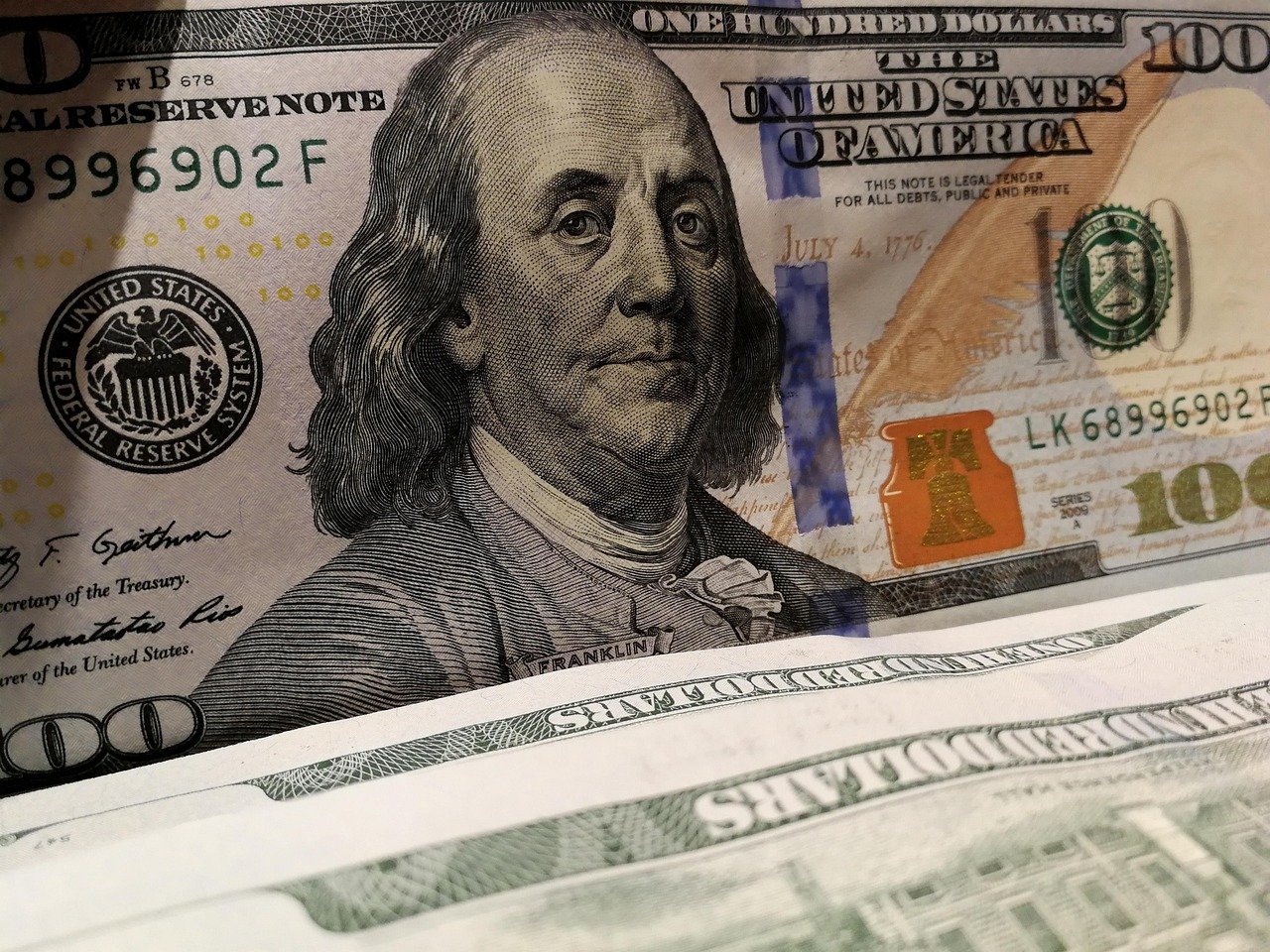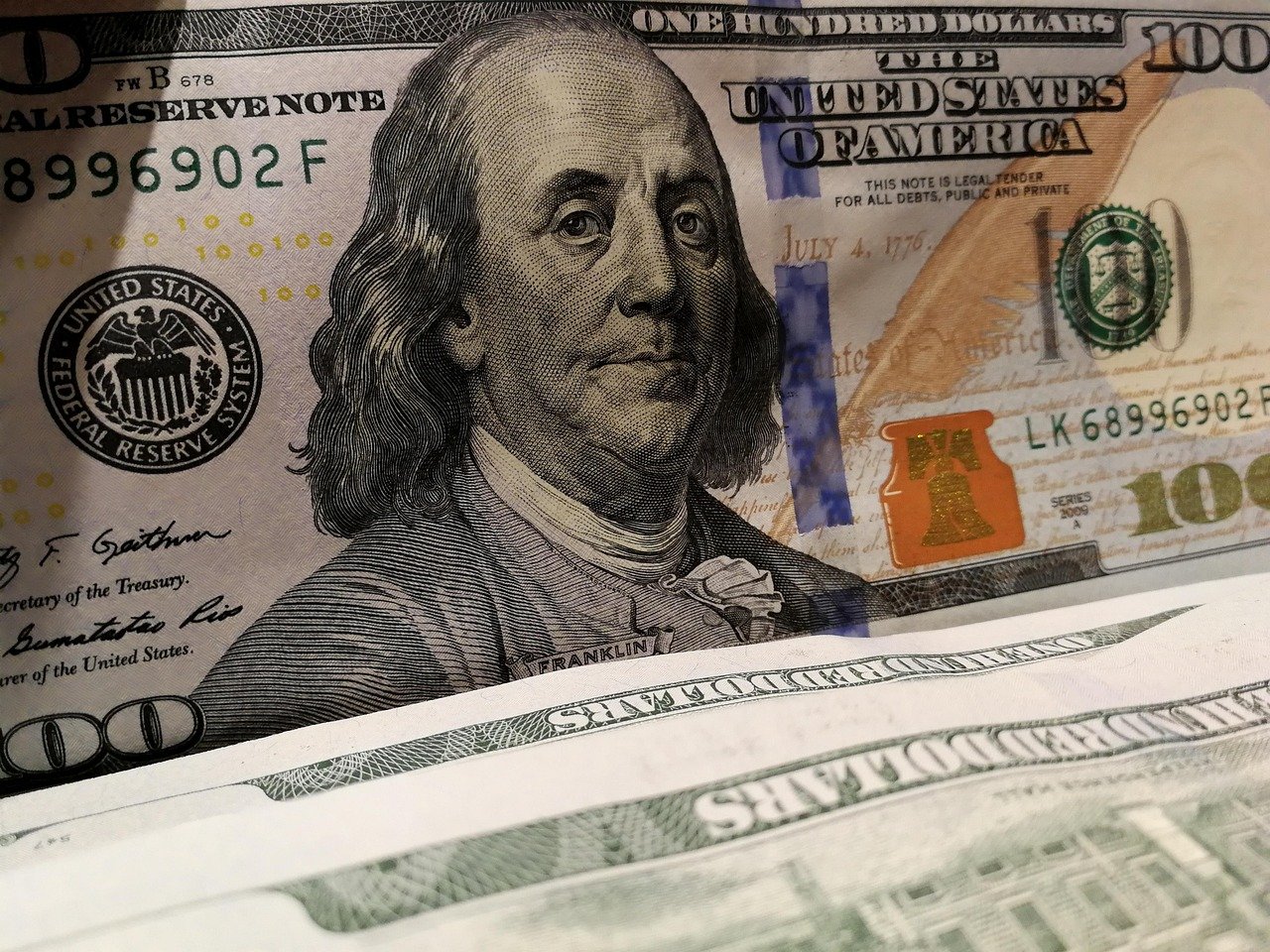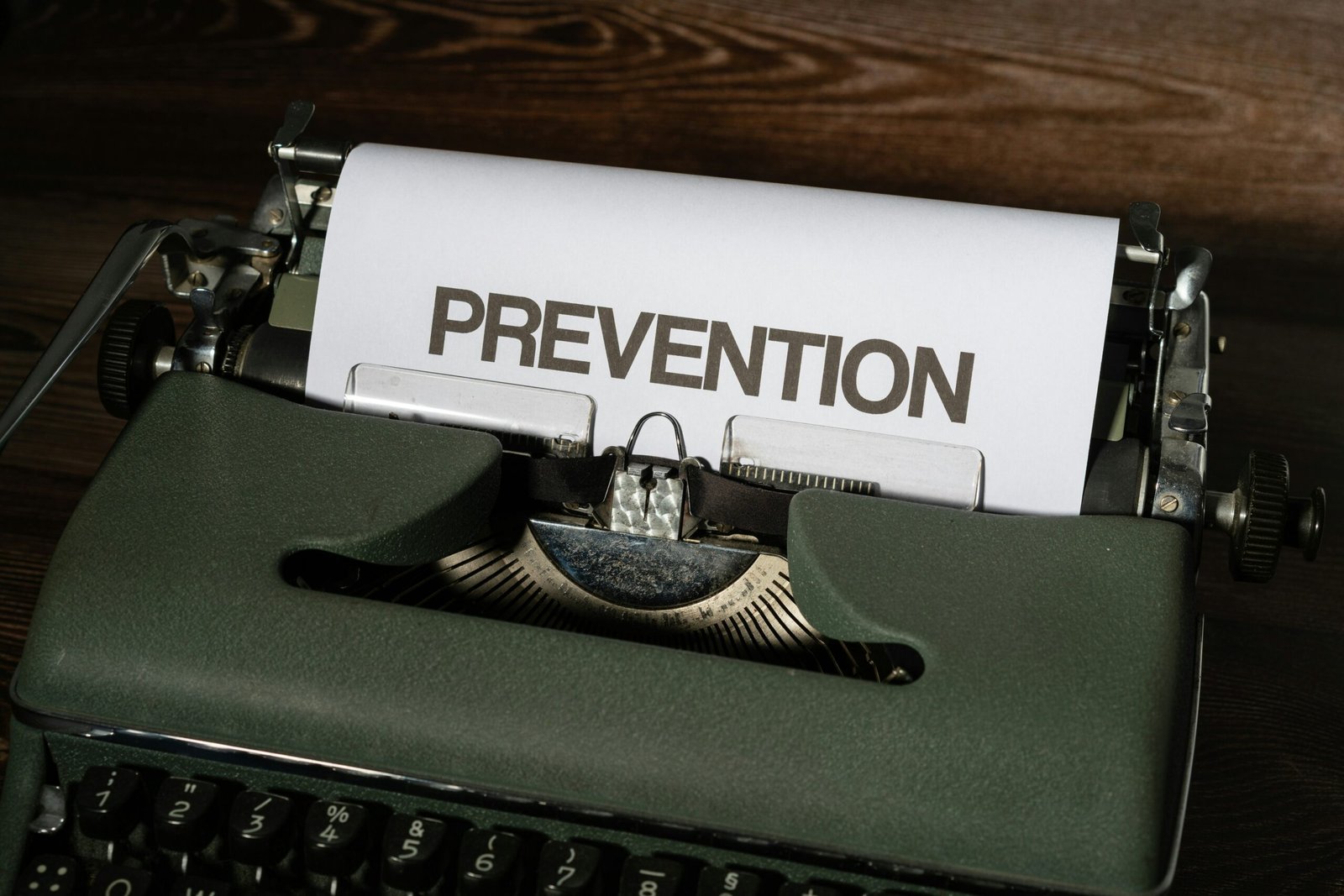Have you ever wondered why some investments flop during periods of inflation? Understanding how inflation impacts different types of investments can be crucial to preserving your wealth and making informed decisions. Inflation, the rate at which prices for goods and services rise, erodes purchasing power, and can dramatically affect the value of your investments. In this article, you’ll discover why certain investments perform poorly during inflation, which ones to avoid, and insights into making better investment decisions during such times.
Understanding Inflation
Before diving into investments, it’s important to grasp what inflation is and how it affects the economy. Inflation indicates how much the general price level of goods and services has increased over a certain period. When inflation rises, the purchasing power of money decreases — meaning you need more money to buy the same amount of goods and services.
How Inflation is Measured
Inflation is commonly measured by the Consumer Price Index (CPI), which tracks the price changes of a basket of goods and services over time. Central banks, like the Federal Reserve in the United States, keep a close eye on inflation and use monetary policy tools to try to control it.
Types of Inflation
-
Demand-Pull Inflation: Occurs when demand for goods and services exceeds supply. It’s often described as “too much money chasing too few goods.”
-
Cost-Push Inflation: Results from rising costs of production, like wages and raw materials, which push prices higher.
-
Built-In Inflation: Relates to the wage-price spiral, where workers demand higher wages and producers pass higher costs onto consumers, perpetuating increased prices.
Understanding these types helps in knowing why prices rise and how different investments react to inflation.

This image is property of pixabay.com.
Investments and Inflation
When prices rise, not all investments are impacted equally. Inflation can cause some investments to lose value or underperform, making them less attractive. Identifying these poor-performing investments is key to safeguarding your portfolio.
How Inflation Affects Investments
Inflation affects investments by reducing real returns. If your investment earns a nominal return of 5% but inflation is 3%, your real return is only 2%. Therefore, achieving returns that outpace inflation is crucial to maintaining and growing your purchasing power.
Real vs. Nominal Returns
Understanding the difference between real and nominal returns is important. Nominal returns refer to the percentage increase in money you receive on an investment without adjusting for inflation. Real returns, however, are adjusted for inflation, providing a clearer picture of your purchasing power.

This image is property of pixabay.com.
Worst Investments During Inflation
Let’s explore some of the particularly poor investment choices during inflationary periods. Recognizing these can be invaluable in safeguarding your investment portfolio.
Cash and Savings Accounts
Cash and savings accounts, known for their safety and liquidity, are among the worst investments during inflation. Inflation erodes the purchasing power of cash, making your money worth less over time.
Why Cash Loses Value
Interest rates on savings accounts typically lag behind inflation rates. When this happens, the interest earned is insufficient to maintain your purchasing power, resulting in a net loss in real terms.
Alternatives to Consider
Consider holding cash equivalents in inflation-protected securities or assets, such as Treasury Inflation-Protected Securities (TIPS), which adjust for inflation and help maintain value.
Fixed-Rate Bonds
Fixed-rate bonds can be risky during inflationary times due to their fixed interest payments, which lose value as inflation rises.
Impact of Inflation on Bonds
When inflation increases, the purchasing power of the bond’s fixed-interest payments decreases. Additionally, rising inflation often leads to higher interest rates, causing bond prices to fall as newer bonds offer higher yields.
Strategies for Mitigating Risk
Investors may look toward inflation-linked bonds, floating rate bonds, or short-duration bonds as alternatives to combat the effects of rising inflation on fixed-rate bonds.
Long-Term Fixed Income Securities
Similar to fixed-rate bonds, other long-term fixed-income securities suffer during inflation.
Why Long-Term Means More Risk
Longer-duration securities are more sensitive to interest rate changes. Inflation can lead to higher interest rates, decreasing the value of existing securities.
Alternatives to Explore
Opt for short-duration bonds or diversify into assets that tend to perform well during inflation, such as commodities or real estate.
Traditional Certificates of Deposit (CDs)
Certificates of Deposit (CDs) offer fixed returns over a specified period, but similar to bonds, they become less appealing when inflation rises.
Challenges with CDs During Inflation
The fixed interest rate on CDs means that if inflation rises higher than the rate on your CD, your real return is negative.
CD Laddering as a Strategy
Many investors use CD laddering to mitigate inflation risk. By staggering maturity dates, you can reinvest in higher-rate CDs if inflation and rates rise.
Stocks with Low Pricing Power
While stocks can offer protection against inflation, not all stocks are created equal. Companies with limited ability to pass costs onto consumers tend to struggle during inflationary periods.
Identifying Vulnerable Stocks
Sectors like consumer staples, utilities, and certain tech companies without strong pricing power can suffer during inflation.
Focus on Inflation-Resistant Sectors
Industries such as energy, materials, and consumer goods often have greater pricing power and can pass costs to consumers, helping them perform better during inflation.

This image is property of pixabay.com.
Building an Inflation-Resilient Portfolio
It’s not just about avoiding poor investments during inflation. Being proactive in managing your portfolio can protect your wealth.
Diversification as a Key Strategy
Diversifying your investments across varying asset classes can provide a buffer against inflation. Consider combining traditional assets with those that historically perform well during inflationary times.
Alternative Investments
Commodities
Investing in commodities, such as gold, oil, and agricultural products, can provide a hedge against inflation. These tangible assets often increase in value as inflation rises.
Why Commodities Are Effective
Commodities are priced in real terms and often move in tandem with inflation, maintaining relative value over time.
Risks to Consider
While commodities can hedge against inflation, they also come with volatility risks and can be affected by other factors like geopolitical events and weather patterns.
Real Estate
Real estate has traditionally been a strong performer during inflation, offering both rental income and the potential for property value appreciation.
Benefits of Real Estate
Real estate often appreciates during inflation, and rents can generally be adjusted upward to reflect higher costs.
REITs as an Alternative
Real Estate Investment Trusts (REITs) offer a way to gain real estate exposure without directly owning property, providing dividends and potential appreciation.
Inflation-Linked Bonds
Inflation-linked bonds adjust the principal and interest payments based on inflation rates, offering a more direct inflation hedge.
How They Work
These bonds are designed to keep pace with inflation and provide a return that exceeds inflation rates, maintaining the value of your investment.
TIPS vs. Other Inflation-Linked Securities
While TIPS are U.S. government-backed, other countries offer their own inflation-linked securities, providing a global diversification opportunity.

This image is property of pixabay.com.
Balancing Risk and Reward
Investing during inflation requires striking the right balance between risk and potential reward.
Assessing Personal Risk Tolerance
Understanding your own risk tolerance is crucial in deciding how to allocate your investments during inflation. Consider your financial goals, time horizon, and comfort with fluctuations in value.
Rebalancing Your Portfolio
Regularly reviewing and rebalancing your portfolio to ensure alignment with current inflationary trends can mitigate risks and capture opportunities.
Tips for Effective Rebalancing
-
Stay Informed: Keep up with economic indicators and inflation forecasts.
-
Set Milestones: Determine when to rebalance based on specific triggers like significant economic changes or asset performance.
-
Consider Costs: Weigh transaction fees against potential benefits before rebalancing.

This image is property of pixabay.com.
Conclusion
Inflation presents unique challenges and opportunities for investors. By understanding which investments fare poorly during inflationary times and exploring viable alternatives, you can protect and potentially grow your wealth. Strategies like diversification, alternative investments, and regular portfolio reviews can help position you for stability and success, regardless of economic fluctuations. As you navigate the complexities of investing during inflation, staying informed and proactive will guide you in making sound decisions tailored to your financial future.





